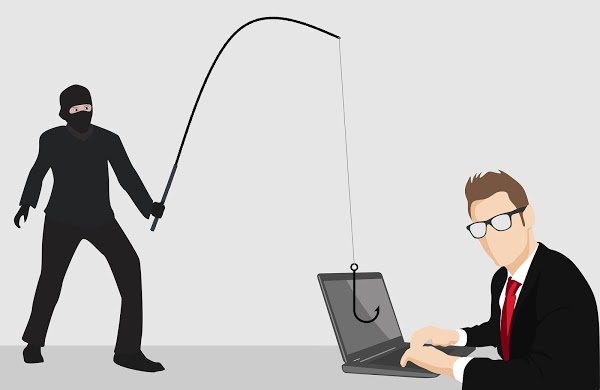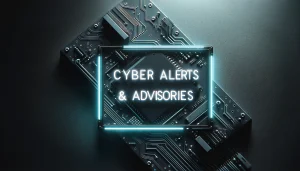What are Smishing Attacks? How to Prevent Them?


Smishing is a cyber assault that utilizes SMS text messages to delude its victims into giving sensitive data to a cybercriminal. Sensitive data incorporates your account name and password, name, banking account, or credit card numbers. The cybercriminal may likewise implant a short URL link into the text message, inviting the client to tap on the link which in most cases is a redirect to a pernicious site. Smishing is identified with two other ‘smishing’ cyber assaults, phishing and vishing.
Cybercriminals today are essentially inspired by monetary benefit. They create code intended to obfuscate your sensitive data for benefit. At the point when they acquire this information, they may hope to sell your compromised credit card or credentials on the dark web. They may likewise utilize sensitive information to open an account in your name or hold your information ransom in exchange for a large pay-out.
Back in May 2018, Fifth Third Bank clients were the targets of a smishing assault. The assailants claimed to represent Fifth Third Bank. They contrived a plan to caution clients that their accounts were locked. Within the body of the text message, they gave a link to the clients to open their accounts. The link took the clueless client to a phony webpage that seemed to be like Fifth Third’s genuine site. The phishing site prompted the visitors to enter their user name and password, one-time code, and PIN codes to open their account. The cybercriminals then utilized the stolen account data to expunge almost $68,000 from 17 ATMs across three states.
Some of the ways to prevent smishing attacks are:
• Try not to react to text messages that demand private or monetary data from you.
• On the off chance that you get a message that has all the earmarks of being from your bank, financial institution, or other entity that you work with, contact that business directly to decide whether they sent you a genuine solicitation. Review this entity’s policy on sending text messages to clients.
• On the off chance that a text message is encouraging you to act or react rapidly, pause and consider the big picture. Recall that crooks utilize this as a strategy to get you to do what they need.
• Never reply to a dubious text message without doing your research and checking the source.
If you like the site, please consider joining the telegram channel or supporting us on Patreon using the button below.



![CACTUS Ransomware Victim: https://www[.]ghimli[.]com / 6 image](https://www.redpacketsecurity.com/wp-content/uploads/2023/09/image-300x291.png)


